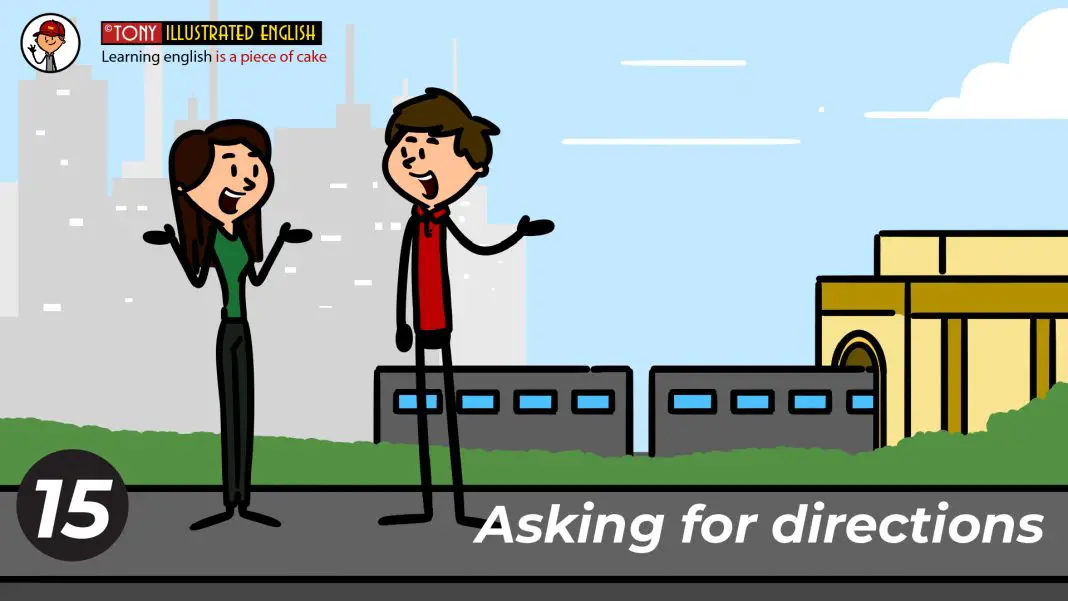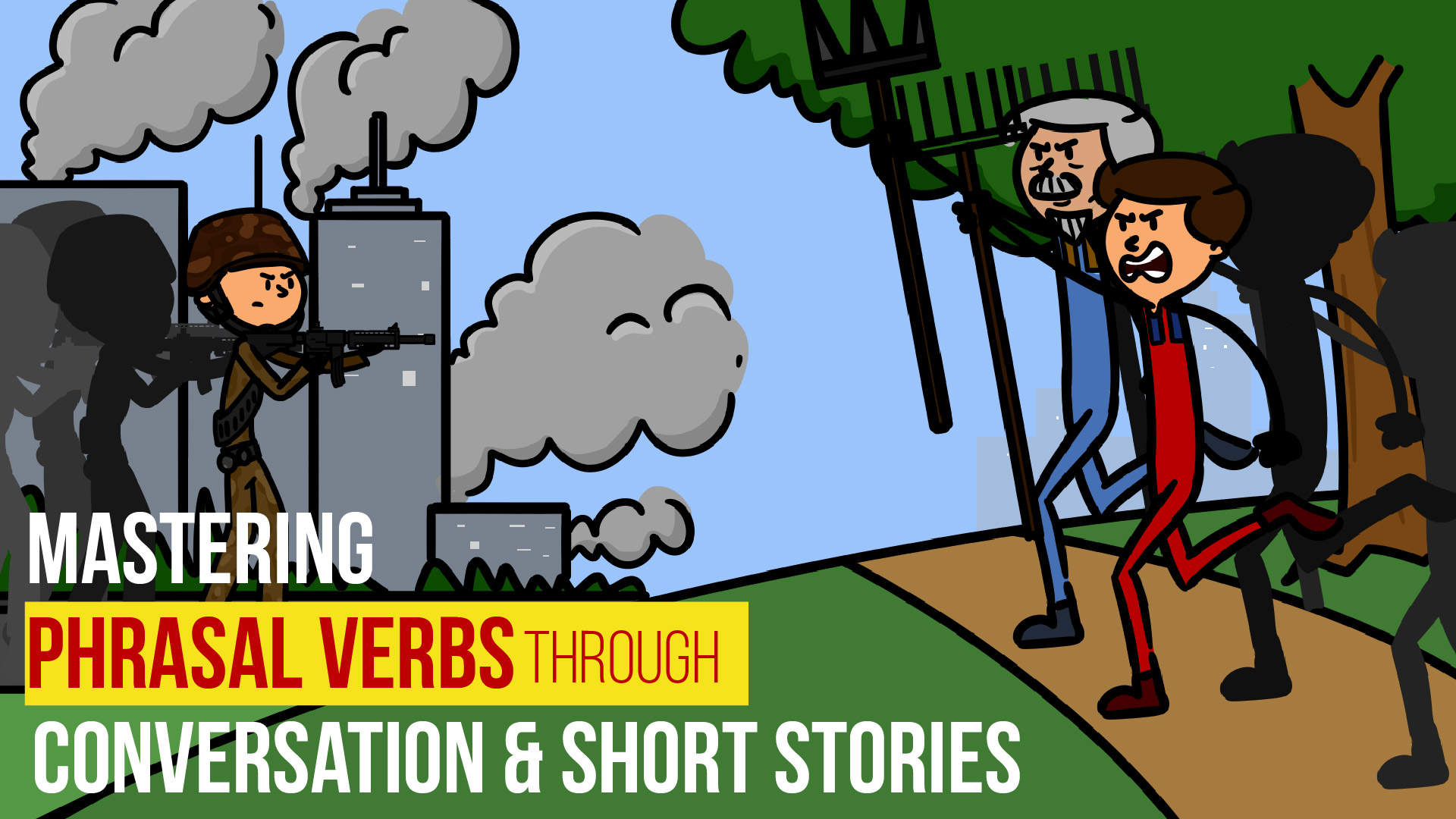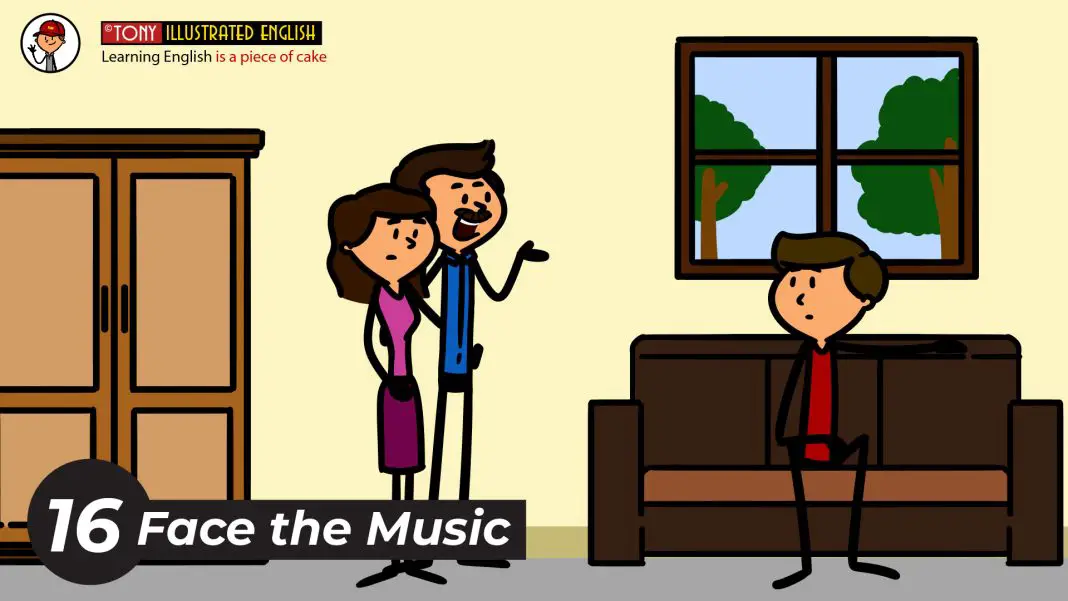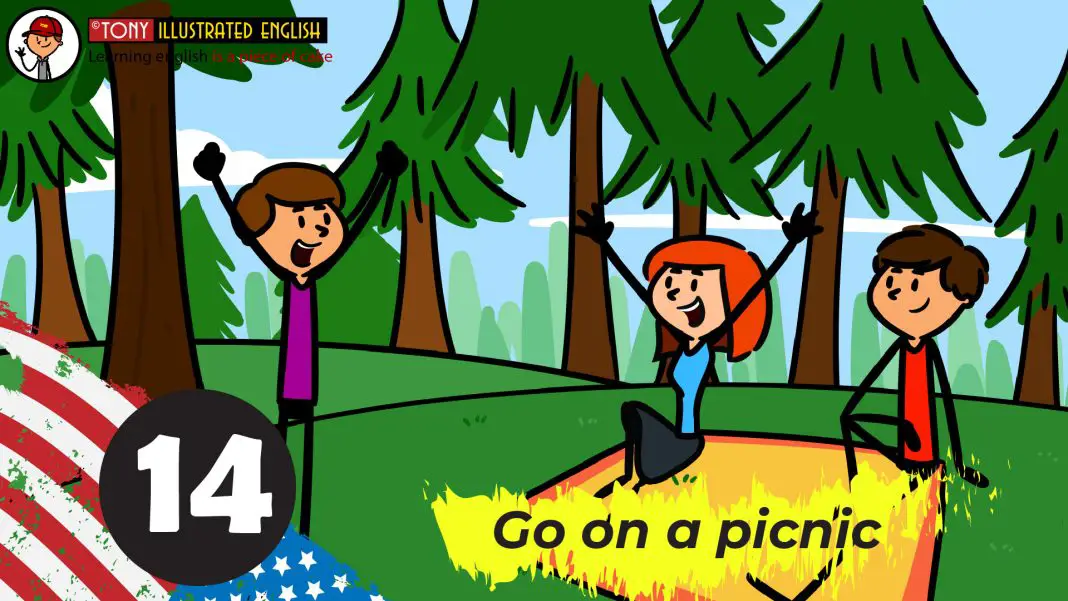Hi everyone,
Learning American idioms through conversation can be an effective and engaging way to grasp the nuances of language. Idioms are often deeply rooted in culture, and understanding them can provide insight into the social context of conversations.
1. Summary of the conversation between Father and Patrick
BJ, a newcomer to the city, asks Keith for directions to the nearest subway stop. Keith provides directions and learns that BJ recently moved to New York for a fresh start. Keith shares that he was fired from his job and is considering going back to school or taking writing classes. BJ teaches dance, specifically salsa, and invites Keith to check out their classes. Despite Keith’s claim of having “two left feet,” BJ encourages him to join. They exchange contact information, and BJ wishes Keith good luck as they part ways.
2. American idiom list and example
- To take a load off: To rest by sitting down.
- Example: “After a long day at work, I like to take a load off and relax on the couch.”
- In a nutshell: Concisely and quickly explained.
- Example: “To explain the situation in a nutshell, we need to cut costs to stay within budget.”
- To make a clean break: To forget about something in the past, to start fresh.
- Example: “After the divorce, she decided to make a clean break with her past and move to a new city.”
- To turn over a new leaf: To begin a new project or period in your life.
- Example: “I’ve decided to turn over a new leaf and start exercising regularly for a healthier lifestyle.”
- To be up in the air: To not have direction or definite shape.
- Example: “Our vacation plans are still up in the air; we haven’t decided on a destination yet.”
- No big deal: Not important.
- Example: “Don’t worry about it; it’s no big deal if you can’t make it to the party.”
- To put something off: To delay something, to postpone something, to procrastinate.
- Example: “I tend to put off doing my taxes until the last minute every year.”
- To have a foot in the door: To be in a situation that could lead to better
- Example: “By interning at the company, she now has a foot in the door for potential full-time opportunities.”
- To show up: To arrive.
- Example: “I’ll be sure to show up at the meeting on time tomorrow.”
- The straw that broke the camel’s back: An event or thing that by itself is insignificant, but added to other problems is just enough to leave a big impact or cause a big change.
- Example: “The argument about household chores was the straw that broke the camel’s back in their relationship.”
- To have something in mind: To have an idea or conception about something.
- Example: “I have a few options in mind for our weekend getaway.”
- To get on your feet: To become stable financially, emotionally, socially, etc.
- Example: “After losing his job, it took some time, but he eventually got back on his feet.”
- To get a break: To be given an opportunity to do something you want to do
- Example: “After years of hard work, she finally got a break and landed her dream job.”
- To have two left feet: To be ungraceful, to move in a clumsy or awkward way, especially while dancing.
- Example: “I tried to learn salsa, but I have two left feet, and it didn’t go well.”
- To be hard on someone: To be strict or difficult with someone, to be demanding, to be overly critical or disciplinary.
- Example: “The coach is hard on the players because he believes in pushing them to reach their full potential.”
- To stick to someone or something: To stay with someone or something.
- Example: “Despite the challenges, she decided to stick to her original plan and pursue her passion.”
- By the way: This expression introduces an afterthought
- Example: “We’re going to the beach this weekend. By the way, have you packed your sunscreen?”
- To hit the road: To begin to travel or move.
- Example: “It’s getting late; we should hit the road if we want to reach the destination before dark.”
- To be looking up: To seem positive, to suggest a positive outcome or improvement.
- Example: “Despite the setbacks, things are looking up; we’ve secured a new client for the project.”





